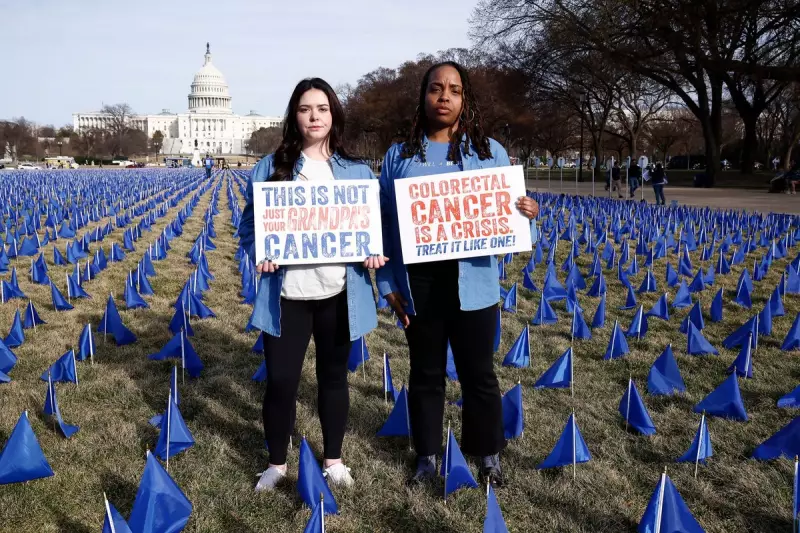
Health experts are sounding the alarm as new research reveals a startling global surge in cancer cases among adults under 50, with cases skyrocketing by nearly 80% over the past three decades.
The Shocking Statistics
According to a comprehensive study published in BMJ Oncology, early-onset cancer cases have increased by a staggering 79.1% between 1990 and 2019. The research analysed data from 204 countries, painting a concerning picture of a growing health crisis affecting younger generations worldwide.
Which Cancers Are Rising Most?
The study identified several cancers showing particularly worrying trends among younger adults:
- Windpipe and prostate cancers showing the fastest growth rates
- Breast cancer accounting for the highest number of cases
- Bowel cancer deaths increasing significantly in the UK
- Kidney cancer cases rising dramatically
Understanding the Causes
While the exact reasons remain unclear, researchers point to several potential factors driving this alarming trend:
"We're seeing changes in everything from sleep patterns to exercise, diet, and even the microbiome," explains Dr Ashleigh Hamilton from Queen's University Belfast. "The reality is that we're being exposed to new things from a younger age, and we don't fully understand their long-term health impacts."
The UK Perspective
The situation in Britain is particularly concerning. Bowel cancer deaths among younger adults have increased significantly, with experts noting that many cases are being diagnosed at later stages when treatment options are more limited.
Professor Helen Coleman, co-author of the research, emphasises the urgency: "This isn't just about better screening detecting more cases. We're seeing a genuine increase in cancer incidence among younger people, and we need to understand why."
Looking Forward
Projections suggest this trend will continue, with global early-onset cancer cases expected to increase by another 31% by 2030. Researchers are calling for:
- Enhanced awareness among both healthcare professionals and the public
- Earlier screening for at-risk groups
- More research into the underlying causes
- Development of targeted prevention strategies
As scientists continue to unravel this medical mystery, the message is clear: cancer is no longer just a disease of older age, and understanding this shift could be crucial for protecting future generations.





